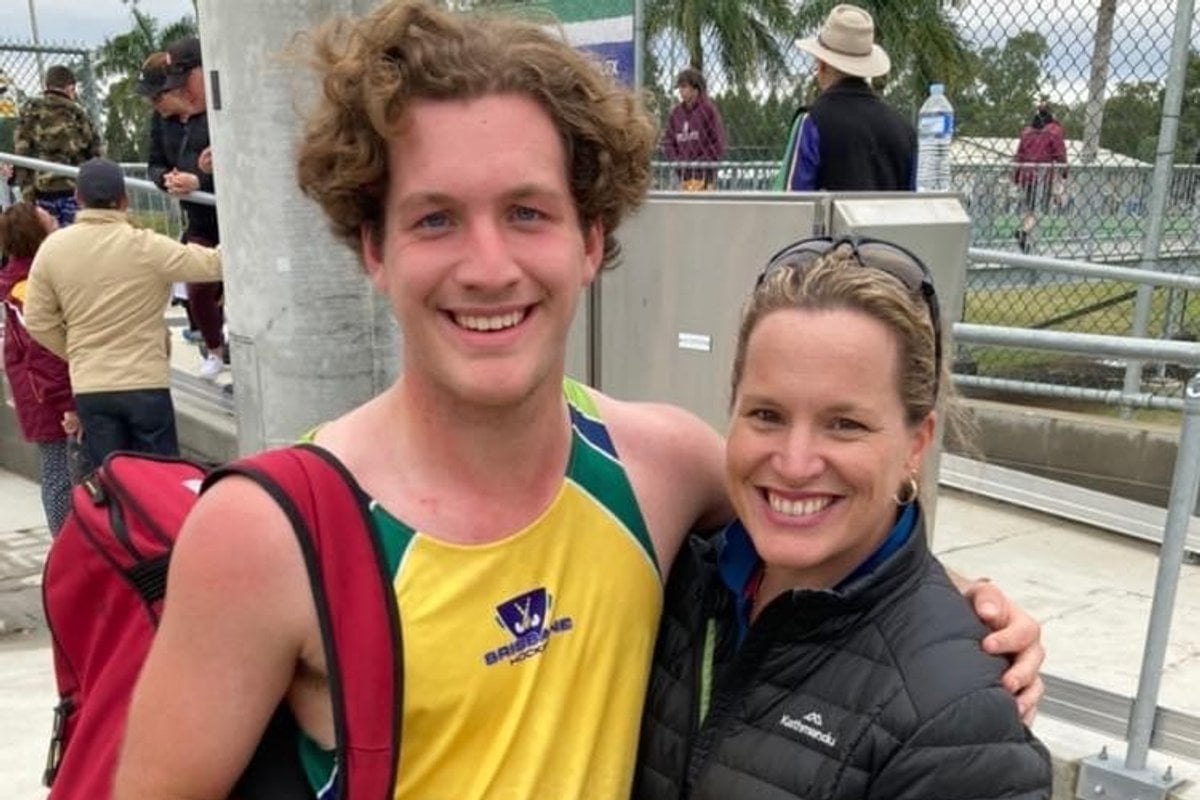
Twenty years ago, Shannon sat in a small office with her partner, staring in hope at a geneticist. The couple wanted to start a family, and were there to see if they were eligible for a donor.
Shannon, who is gay, had very limited options for donors back then because many men were not willing to father children for homosexual couples.
"It was very much a case of, 'You tell us what you're looking for, briefly, like what would you say are your top three things. And then we'll see what we've got.' I told the geneticist first and foremost that my partner [at the time - the couple have since broken up] and I wanted someone who was willing to be identified when the kids were older because to us that was really important," Shannon tells Mamamia.
"And then we basically just tried to match characteristics of my ex-partner, along with the fact that 'sporty' to us was really important because I'm a very sporty person and also it's just a great way to meet people. It's a great life skill and it brings so much enjoyment."
Aside from that, Shannon asked for "medium skin" because she's got "your typical pasty English, Irish fair skin" and really wanted her children to have skin protection in the sunny climes of Australia. Blue eyes would be nice because her partner at the time had blue eyes and so did her mother.
The geneticist flicked through her book of donors.
"At that stage, donors could nominate whether or not they wanted to donate to lesbians, and many didn't. And so she came up with only two that she told us met that criteria. There was one who liked footy and surfing and was a sports administrator at a school. And that sounded really good to me because my parents are both teachers. And honestly, that was all the information we had. We didn't get to read the profile," Shannon says.

